MANIFEST

MechANisms and actors of Feasible Energy Transitions: MANIFEST will develop a new scientific understanding of the feasibility to decarbonize the electricity sector focusing on both launching low-carbon electricity in developing countries and sustaining the growth of renewable electricity already in place in front-runner countries.
Technologies needed to decarbonize the electricity system are already commercially available. And there are mathematical models of how these technologies can be deployed sufficiently fast and at a large enough scale to displace fossil fuels and meet climate targets. Yet there is no scientific method to evaluate whether these scenarios are feasible in the real world, given the socio-political and technological constraints in different countries and regions.
The main scholarly approach to assess whether something is feasible in the real world is to look at whether anything similar happened in the past. But for climate change this runs into a problem because both the challenge and what we need to do are unprecedented so there are no direct historical analogues. Thus, analysing the feasibility of successful climate change mitigation may scientifically seem to be at a dead end. I overcome this stalemate by looking at the past and ongoing climate actions through a particular social science lens called ‘causal mechanisms’.
My hypothesis is that while a lot of things are changing (e.g. clean technologies are becoming cheaper, population and energy demand grow), the political, economic and social mechanisms that shape our capacity to act on climate are the same. By understanding these mechanisms through empirically observing the past we hope to be able to predict what is and is not possible to do in the future.
MANIFEST is led by Jessica Jewell.
This project has received funding from the European Research Council (ERC) under the European Union’s Horizon 2020 research and innovation programme (Starting Grant agreement No. 950408).
Publications related to MANIFEST project
J. Jewell & T. Kazlou. (2024). Major step up in carbon capture and storage needed to keep warming below 2 °C. Nature Climate Change. DOI: https://doi.org/10.1038/s41558-024-02112-0
T. Kazlou, A. Cherp & J. Jewell. (2024). Feasible deployment of carbon capture and storage and the requirements of climate targets. Nature Climate Change. Open Access. DOI: https://doi.org/10.1038/s41558-024-02104-0
S. Bhowmik, A. Cherp, V. Vinichenko (pre-print). Technology and policy co-evolution: the case of solar power in India. POLET Working Paper series 2024-4
L. Nacke, V. Vinichenko, A. Cherp, A. Jakhmola & J. Jewell. (2024). Compensating affected parties necessary for rapid coal phase-out but expensive if extended to major emitters. Nature Communications. Open Access. DOI: https://doi.org/10.1038/s41467-024-47667-w
M. Suzuki, J. Jewell & A. Cherp. (2023). Have climate policies accelerated energy transitions? Historical evolution of electricity mix in the G7 and the EU compared to net-zero targets. Energy Research & Social Science. Open Access. DOI: https://doi.org/10.1016/j.erss.2023.103281
M. Vetier, A. Pavlenko, J. Jewell, A. Cherp, & V. Vinichenko (pre-print). Do policy targets change technology growth trajectories? Understanding the steady growth of onshore wind in Europe. POLET Working Paper series 2024-3
L. Nacke, J. Jewell, A. Cherp, V. Vinichenko, S. Bhowmik, A. Jakhmola (pre-print) Accelerating technology growth through policy interventions. The case of onshore wind in Germany. POLET Working Paper 2024-2.
V. Vinichenko, J. Jewell, J. Jacobsson, A. Cherp. (2023). Historical diffusion of nuclear, wind and solar power in different national contexts: implications for climate mitigation pathways. Environmental Research Letters. Open Access. DOI: https://doi.org/10.1088/1748-9326/acf47a
J. Jewell & A. Cherp. (2023). The feasibility of climate action: Bridging the inside and the outside view through feasibility spaces. WIREs Climate Change. DOI: https://doi.org/https://doi.org/10.1002/wcc.838
Commentary and news related to MANIFEST project
Tsimafei Kazlou shared POLET research on the feasibility of carbon capture and storage technologies to Norwegian policymakers and industry representatives
POLET team organised a workshop to discuss our future research agenda, and presented our research at the MESPOM Alumni Conference 2024 in Budapest, Hungary
Masahiro Suzuki defended his PhD summa cum laude at Central European University and receives two scientific awards for his research.
Avi Jakhmola presented a method for projecting global technology growth using evidence from national deployment at the International Energy Workshop 2024 in Bonn, Germany
Tsimafei Kazlou presented POLET research on the feasibility of carbon capture and storage technologies at the 3rd International Conference on Negative CO2 Emissions 2024 in Oxford, UK
Jessica Jewell and Lola Nacke presented POLET research on the phases of technology growth and on feasible and just energy transitions at the International Sustainability Transitions Conference 2024 in Oslo, Norway
POLET research group hosts session on accelerating energy transitions at What Works Climate Solutions Summit 2024 in Berlin
Renewable power capacity additions in China often attract widespread attention for their sheer magnitude. But how useful are these raw numbers without considering the size of the country? Using installed capacity per capita and renewables’ share of national electricity production as illustrative examples, I make a case for normalising data when making inter-country comparisons. In addition to offering richer insights into the pace and extent of energy transitions, such analyses allow for a more nuanced view of change, help contextualise progress and set more realistic expectations.
G7 countries and the European Union have committed to decarbonise electricity by 2035. Is this target feasible? We show that it would require expanding low-carbon electricity 4.5 times faster and reducing fossil-based electricity 2 times faster than in 2015-2020 between 2020 and 2035. Unfortunately in 2021, most G7 countries increased the use of fossils and slowed down the growth of low-carbon electricity, making it even more challenging to achieve the target by 2035.
Two post-doc positions on the dynamics of energy transitions at Chalmers University. One focuses on the economics and speed of energy transitions and the other on the diffusion and growth of technologies and infrastructures. Selection ongoing, we start reviewing applications August 29th, 2022.
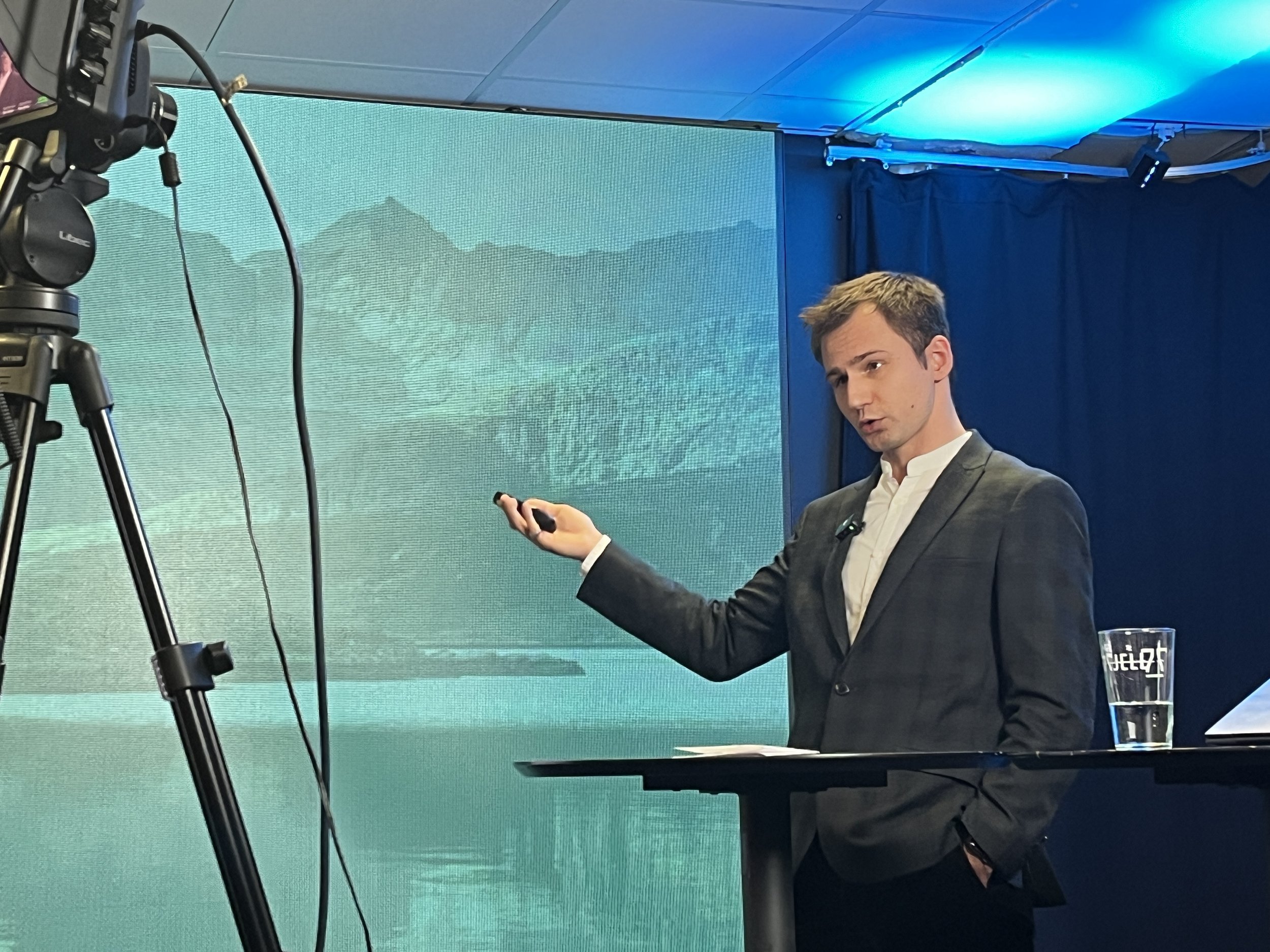


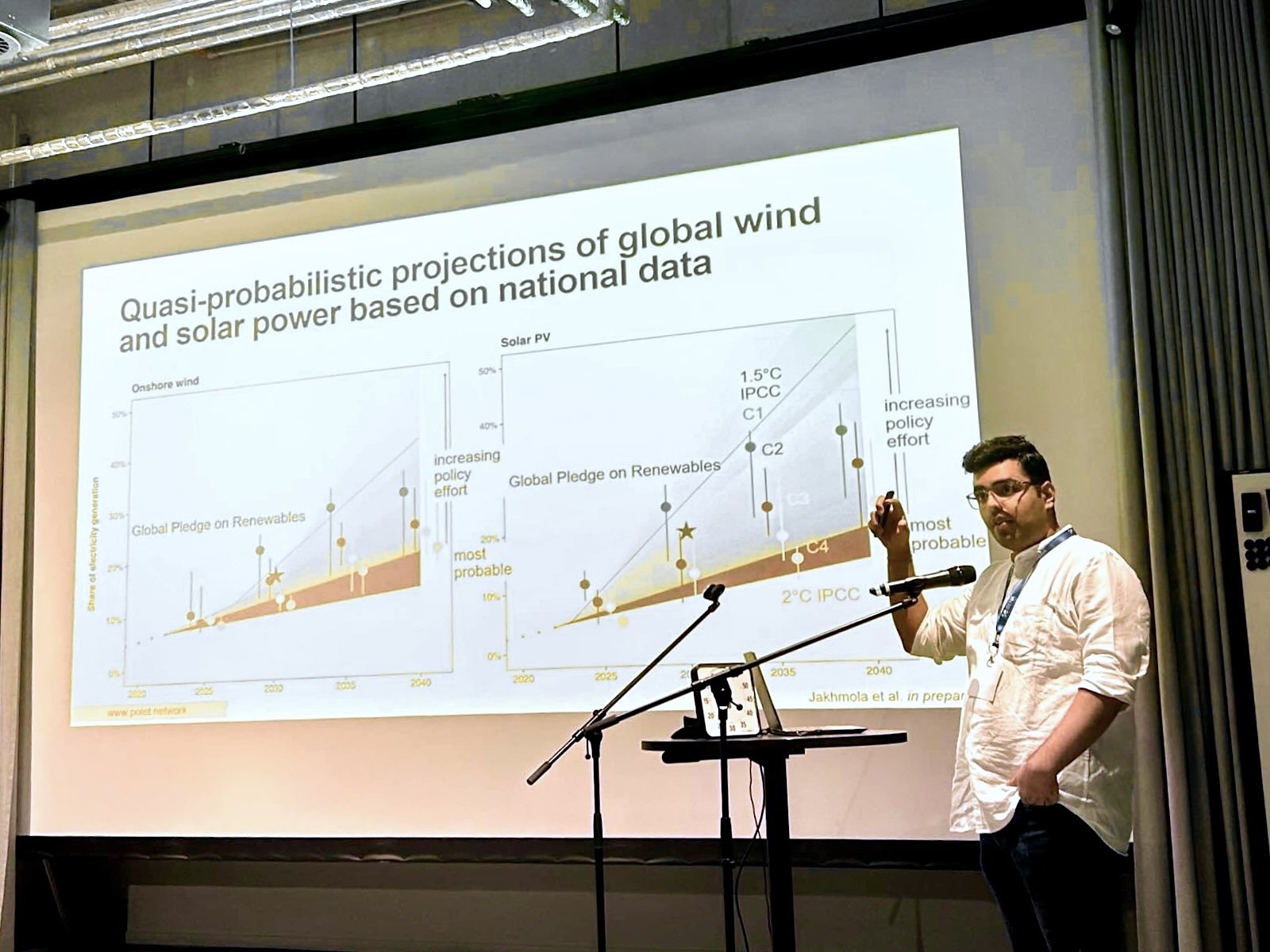
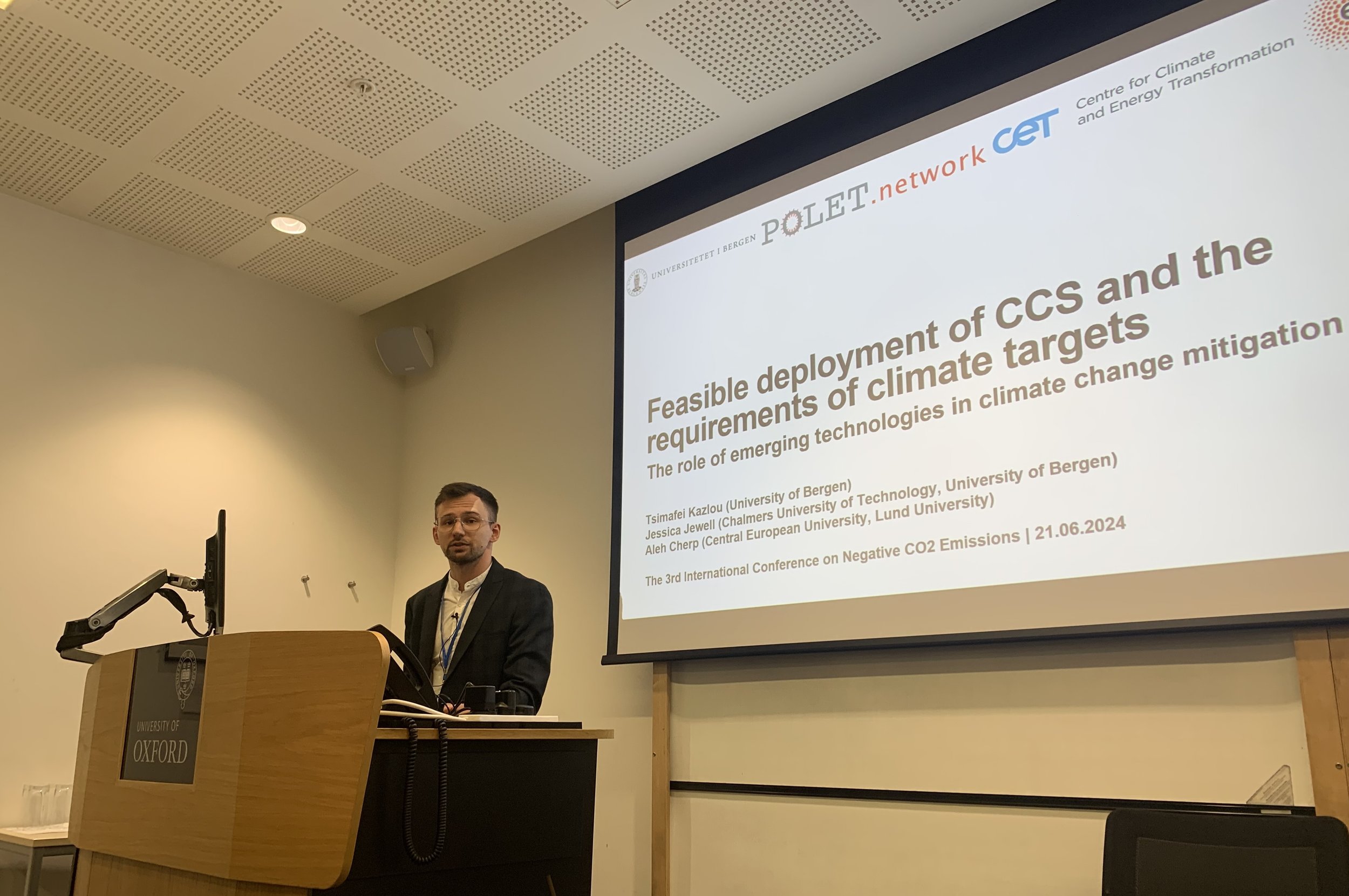
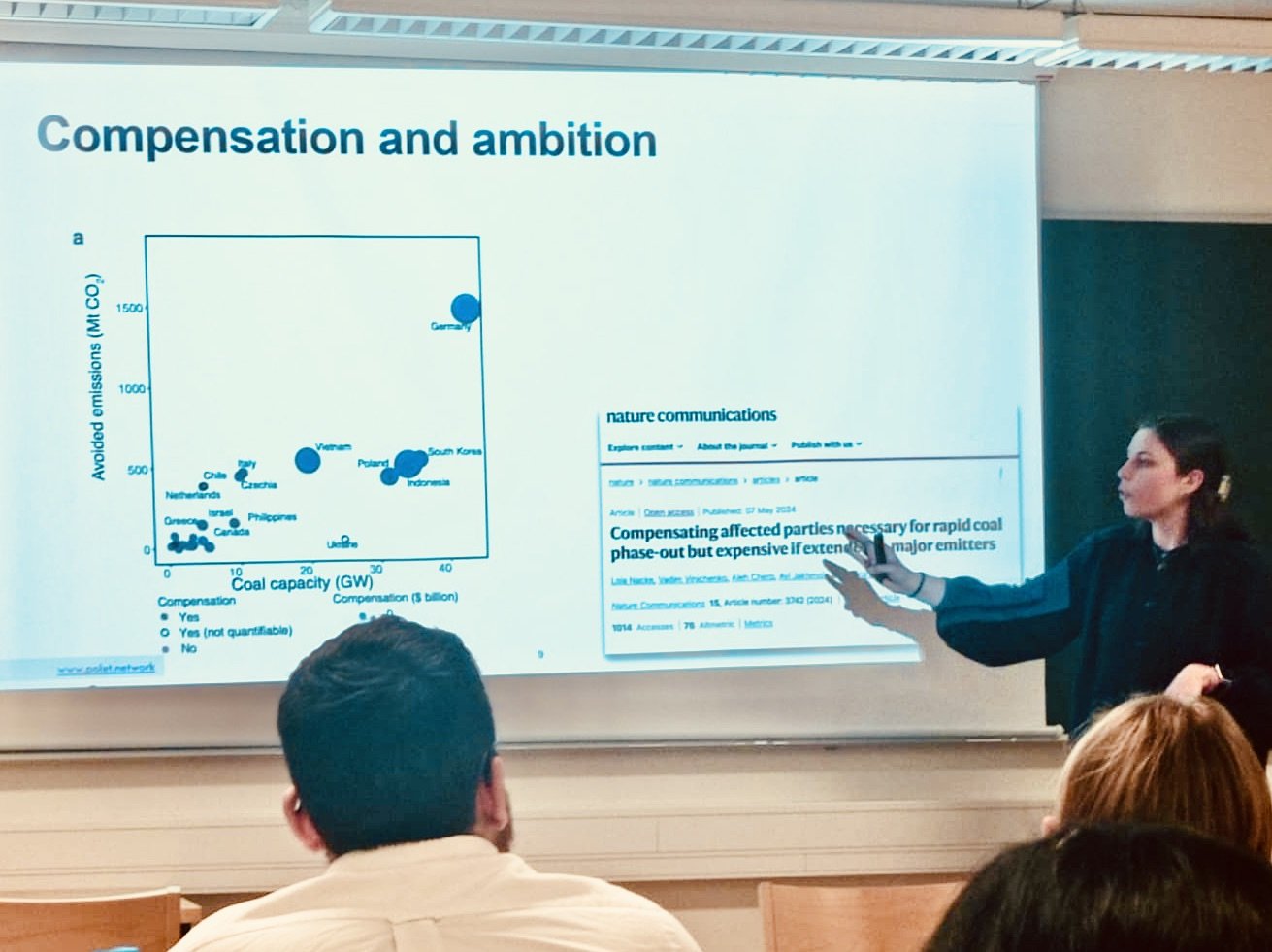

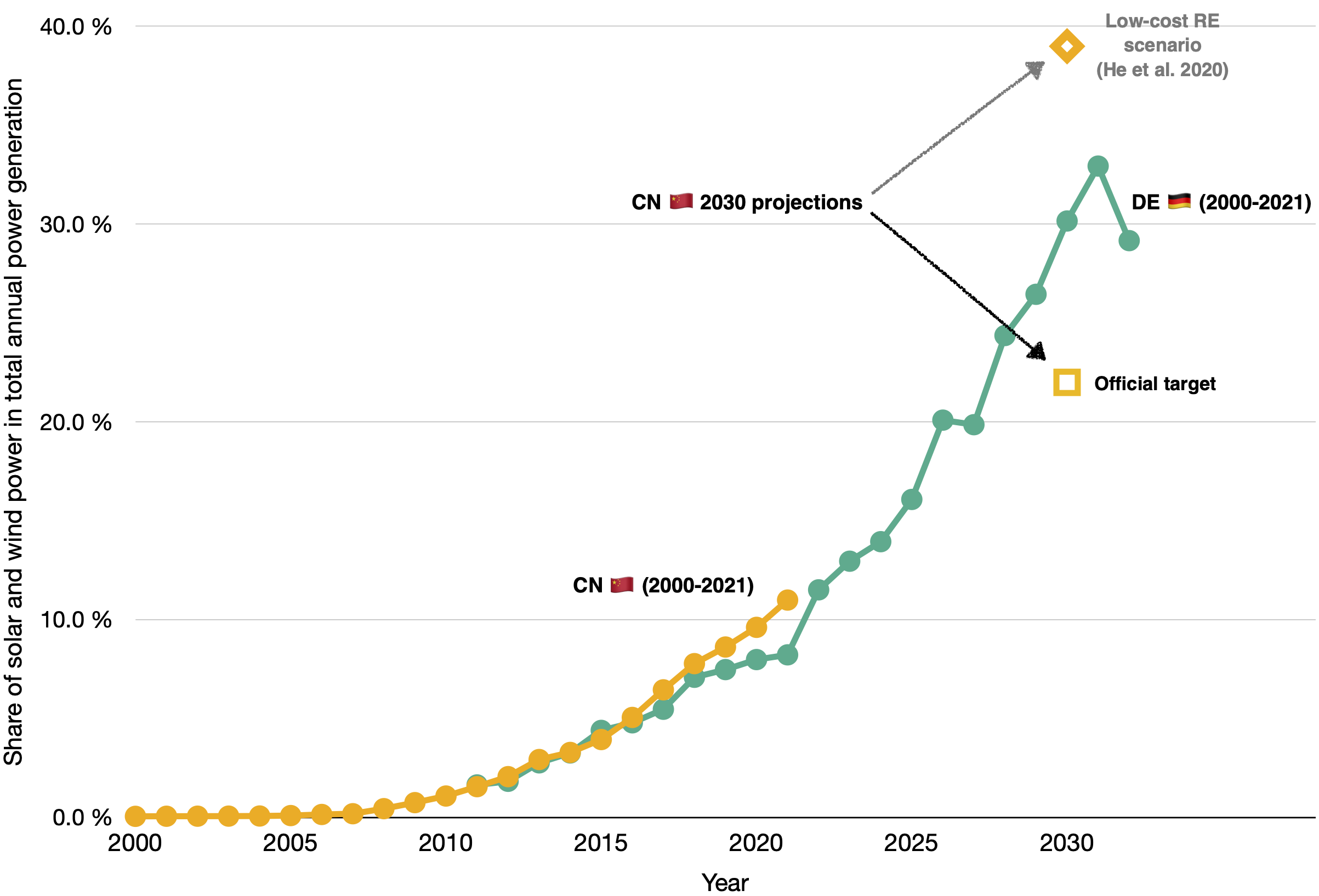



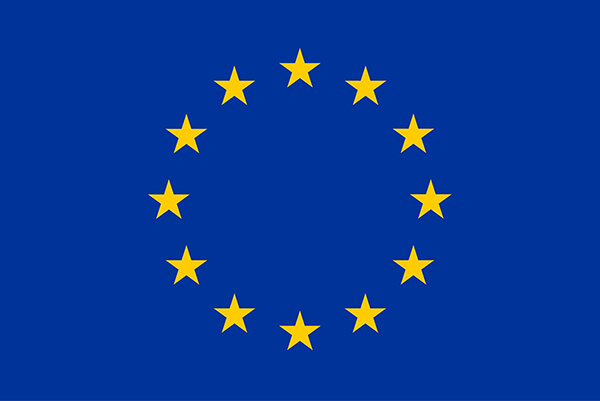
Marta Vetier, Vadim Vinichenko, Jessica Jewell, Anastasia Pavlenko and Aleh Cherp (pre-print). Conceptualising and measuring acceleration of mature policy-driven technologies: the case of onshore wind power in Europe. POLET Working Paper series 2025-1